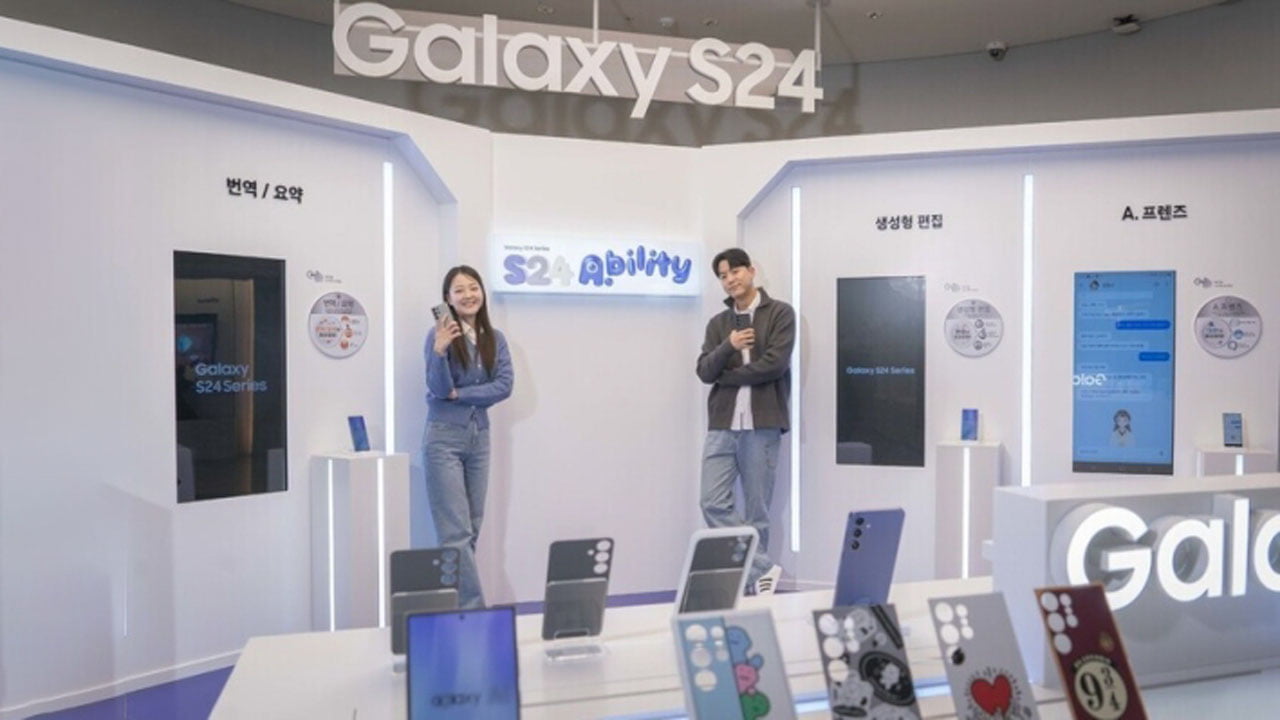American Cloud Service Companies All Under Chinese Export Controls

American cloud service companies (CSPs) cannot help but be affected by the battle for artificial intelligence (AI) hegemony between the U.S. and China. This is because the U.S. government has decided to impose regulations on its own cloud companies that have Chinese customers.
According to foreign media such as Bloomberg News, U.S. Secretary of Commerce Lermando said at an event on the 26th (local time), “We plan to require U.S. cloud companies to submit to the government information on customers who use cloud computing services to learn AI models.”
This is an extension of the U.S. semiconductor export control policy toward China. The United States is currently controlling the exports of its own companies to prevent China from securing the advanced semiconductors needed for AI development. This is in response to concerns that China may indirectly secure the computing power needed for AI development through U.S. cloud computing services. For example, Chinese companies are currently unable to import Nvidia’s cutting-edge AI semiconductor ‘A100’, but analysis suggests that they can legally use A100 by using cloud computing.
“We cannot allow non-governmental organizations, China, or anyone else we do not want to use our cloud to train AI models,” said Secretary Lermondo. “Because it is located in the network, we must also think about blocking the possibility of malicious activity occurring through that route,” he said. The Ministry of Commerce plans to release related regulations as early as next week.
Currently, the top three global CSPs are all American companies, including Amazon Web Services (AWS), Microsoft (MS), and Google Cloud. Attention is focused on how the aftermath of these export controls to China will affect these companies and the cloud industry.
The U.S. government is taking a hard-line stance on the possibility of a hit to sales of U.S. companies due to export controls on semiconductors to China, saying, “Protecting national security is more important than short-term sales.” Nvidia, the world’s No. 1 AI semiconductor company, tried to avoid these regulations and prepare to launch AI semiconductor chips for China, but the U.S. government put pressure on it, saying, “If you redesign a semiconductor chip with specific performance for China, we will control it the very next day.” It was also inflicted.
According to the Korea Intelligence and Information Society Agency (NIA) Digital Service Issue Report ‘Status of China’s Cloud Industry in 2022’, China’s cloud industry is growing at the fastest rate in the world, following the United States, even though China’s cloud introduction was relatively late. It was designated as the second-largest market in the world. China’s public cloud market is expected to nearly triple in size over the next four years, from $32 billion (approximately 42.81 trillion won) last year to $90 billion (approximately 120.42 trillion won) in 2025.
AWS, Microsoft, and Google have yet to exert much influence in the Chinese cloud market. This is because the control of local companies in China has increased due to the conflict between the US and China that has continued for several years and China’s strong regulations on IT companies.
According to market research firm Canalys, Alibaba Cloud, Huawei Cloud, Tencent Cloud, and Baidu AI Cloud account for 80% of the cloud market share in China. They are all Chinese CSPs. Among these, Alibaba Cloud is the leader with a market share of 37%.
The war for AI supremacy between the US and China is expected to continue. The U.S. is concerned that AI could be a ‘game changer’ for China not only in the military and security fields but also in all fields, including economy and industry, and that it could be applied first to the military field, which is directly related to national security. Accordingly, the concerns of related companies are growing.
See More:
Korea And NASA Discuss Lunar Exploration Cooperation
Technology To Recognize Human Emotions In Real Time Has Emerged
Tesla Will Invest USD 500 Million To Build Dojo Supercomputer In New York
China Becomes Biggest Variable NVIDIA AI Chip Staged in 2024




Leave a Comment